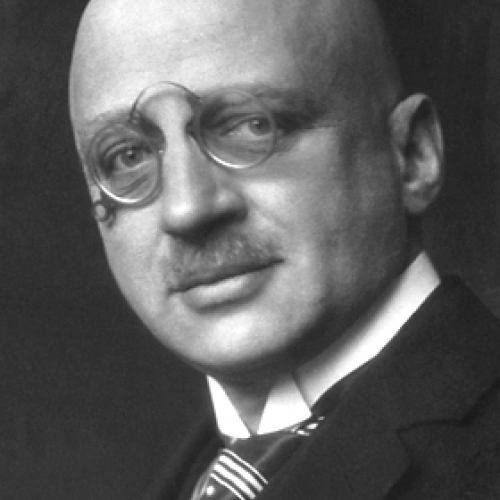 https://heaven.world/en/fritz-haber
https://heaven.world/en/fritz-haber
Firstname
Fritz
Lastname
Haber
Name
Fritz Haber
lived from:
1868-00-00
lived until:
1934-01-29
Fritz Haber was a German chemist who received the Nobel Prize in Chemistry in 1918 for his invention of the Haber-Bosch process, a method used in industry to synthesize ammonia from nitrogen gas and hydrogen gas. This invention is of importance for the large-scale synthesis of fertilizers and explosives. The food production for half the world's current population depends on this method for producing nitrogen fertilizers. Haber, along with Max Born, proposed the Born–Haber cycle as a method for evaluating the lattice energy of an ionic solid.
Haber is also considered the "father of chemical warfare" for his years of pioneering work developing and weaponizing chlorine and other poisonous gases during World War I, especially his actions during the Second Battle of Ypres.
Basel (BS), Switzerland
https://en.wikipedia.org/wiki/Fritz_Haber